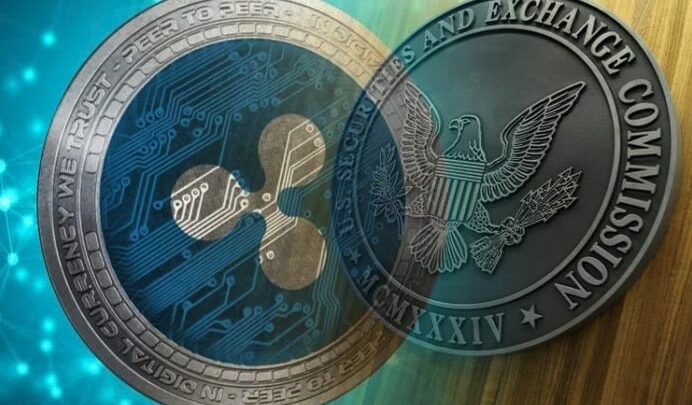The US-SEC filed a response to Ripple’s 2-week old sur-reply through the fair notice defense on Wednesday. The financial watchdog wants the court to rule in its favor and strike out Ripple’s fair notice defense. Ripple’s fair notice defense alleged that the SEC intentionally failed to disclose to Ripple that XRP could be considered security in the future.
The SEC Is Using Delay Tactics – Ripple
Ripple and its community accuse the SEC of deploying delay tactics to prevent the judge’s verdict regarding the matter. Also, Ripple’s attorneys alleged the SEC of misleading the populace on how it classifies cryptocurrencies. While the SEC sought the court’s approval to introduce an argument from the SEC vs. LBRY case, one of Ripple’s lawyers and XRP enthusiast, James Filan, claims that there is no correlation at all between the two cases.
The Ripple community also stated that the case introduced by SEC would have tweaked the court’s judgment in Ripple’s favor if the case had gone to trial. Sadly, district Judge Analisa Torres didn’t approve the financial regulator’s request. Thus, prompting one of Ripple’s legal representatives (John Deaton) to tweet that “the case against Ripple co-founders (Chris Larsen and Brad Garlinghouse) is over.”
Failing To Provide A Proof
Deaton further explained that the SEC failed to prove that Ripple co-founders (Chris Larsen and Brad Garlinghouse) had prior knowledge that XRP was security and pretended to be ignorant about it. The financial watchdog also failed to provide evidence that the SEC regulation at that time would classify XRP as a security.
Deaton further revealed that the SEC had failed on these fronts for several reasons. First, the law firm that drafted the Hinman speech (which was well referenced during this case) concluded that XRP was a security. Also, almost all SEC employees owned XRP tokens until 2018 – the year in which SEC attorneys and top-level executives alleged that XRP was a security.
The 2018 Hinman Speech
The 2018 Hinman speech stated that Ethereum couldn’t be classified as a security because it is decentralized. Hence, Deaton noted that XRP is also a decentralized coin. Furthermore, a popular US-based crypto exchange, Coinbase, listed XRP on its trading platform in February 2019. A month after, it affirmed to the SEC that XRP wasn’t security and the SEC didn’t take any action against the crypto exchange.
A move according to Deaton showed that the SEC confirms that XRP isn’t a security. Also, Bailard Inc. (a top asset management firm) made an ethics declaration with the SEC in January 2020 that it wouldn’t trade any virtual assets the commission considers security.
Then, it listed XRP among its list of digital assets considered non-securities by the SEC, which the SEC failed to challenge. Finally, the SEC didn’t make any fuss when MoneyGram sold XRP to retail traders via exchanges.
Meanwhile, the world’s richest man, Elon Musk, has publicly declared his support for Ripple in its case against the SEC. The Tesla boss opined that the SEC’s oversight function hadn’t been extended to cryptos. Hence, there is no basis for the financial regulator could charge Ripple to court.

